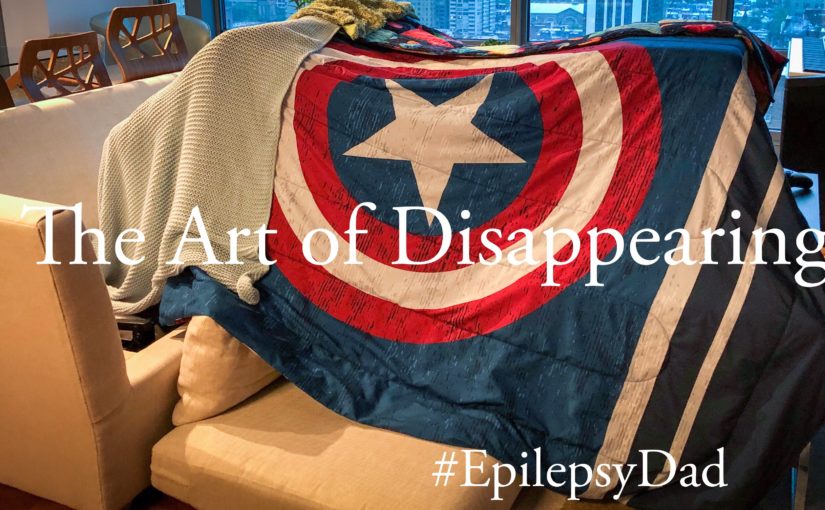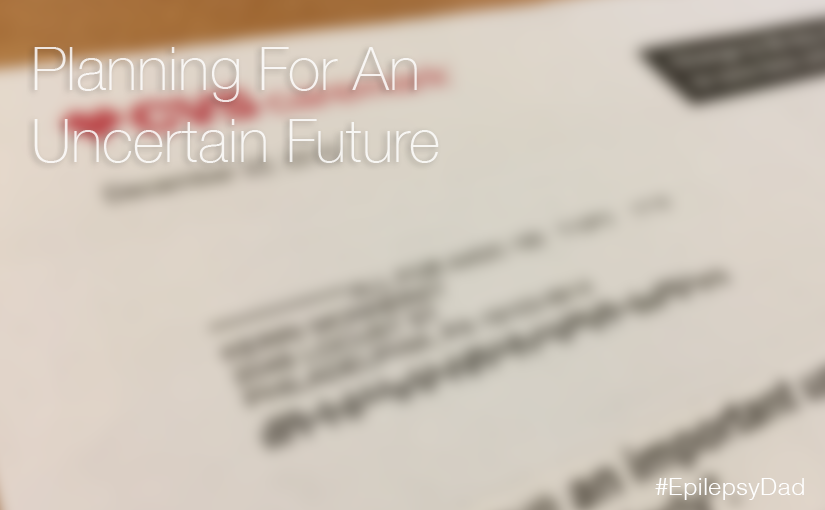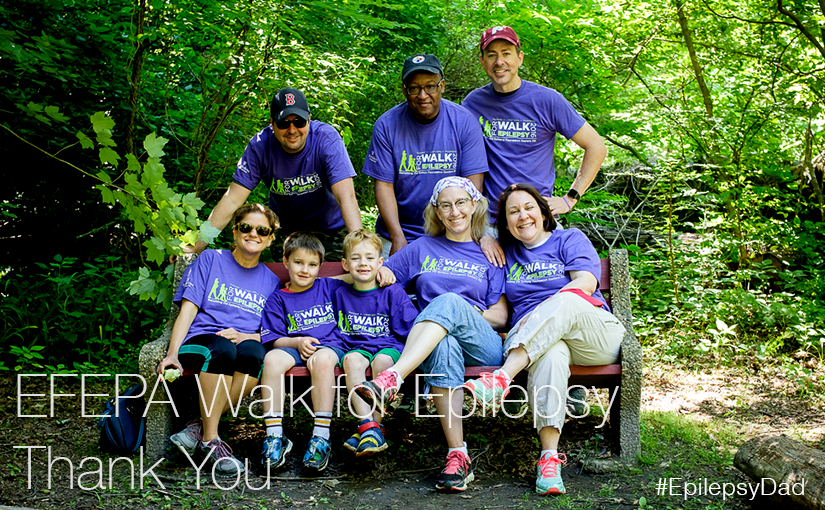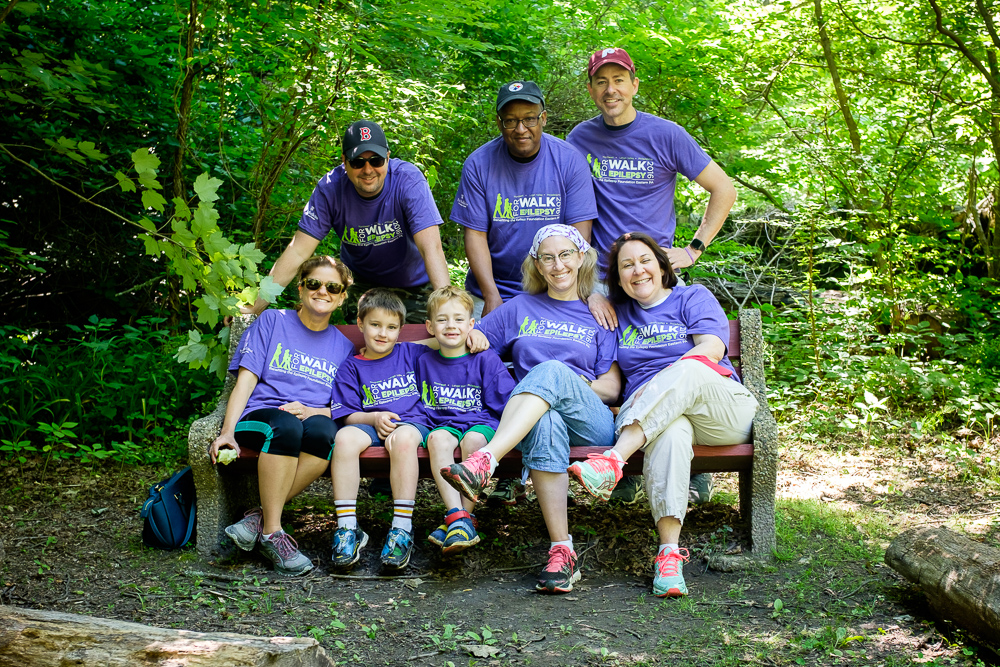I’ve perfected my ability to disappear. Only, it’s not a magic trick. It’s the way I have trained myself over the years to deal with difficult situations.
I developed this ability at a young age. For most of my childhood, I navigated the world alone. I figured things out by myself. Sometimes, I figured out really hard things and I was rewarded with praise that reinforced my growing belief that this was the way to operate in the world.
I wasn’t quite a loner. I had friends, but I found comfort in being alone. Friends were for making mischief and playing sports. But when it came to solving problems, I worked alone, whether the problem was a difficult project or the increasingly complex emotions that come with growing up. I solved those, too, internally, in my way, and away from everyone else.
Again, I was rewarded with harder projects and better opportunities. At the time, I saw my detachment from other people as an asset because it made it easier to shut them out when I faced a problem. But as the matters of the heart got bigger and more complicated, I started to put those matters on a shelf and not deal with them at all. I would find distractions or try to solve other people’s problems so that I didn’t need to face my own. Even then I was rewarded by better opportunities and more people coming to me for help, feeding my ego if not my soul.
But in the last few years, it became clear that what got me here was not what was going to get me there. Where I wanted to be. Who I wanted to be.
I had this moment of clarity after taking a leadership class that included a behavioral assessment. When the results showed that I was a thinker, I beamed with pride. It described me perfectly, solving hard problems, concentrating on my thoughts. But then the instructor talked about how thinkers are perceived by the people around them and I felt a wave of reality crash into me.
The thing about disappearing is that it leaves the people around me alone. It leaves them wondering where I am. It leaves them wondering if they are important to me. It leaves them disconnected in times when being together…being connected…is what is most important.
Clips from my memories started playing in my head. My wife and my friends told me in their own way that they felt alone or wondered whether they were important to me. Bosses wondered if I cared about the project or the job. And my response to these big questions was to disappear so that I could think and process. I thought about how I would feel if someone did that to me and it made me sad. I thought my wife as we watched our son get poked and prodded and seize and as we listened to doctors tell us more bad news. I thought about how when she turned to me for comfort or connection how I wouldn’t be there because I would be off trying to deal with it by myself. I felt sick.
What got you here won’t get you there. ~Marshall Goldsmith
It’s not easy to face the realization that such a core part of who I was had such a negative impact on the people around me. It’s even harder to change more than forty years of programming. But there is no question in my mind that it needs to be done.
Even with the small progress that I have made, I can see changes in my relationships. I may not be able to stop myself from disappearing, but I feel it happening so I tell the people around me so that they know I am still there. I’m more aware when I am in that place and it’s less comfortable than it was, so I don’t stay there as long. I’m getting braver and facing challenges instead of avoiding them. Most importantly, I’m starting not to do it alone. Because no one can. And no one should.









